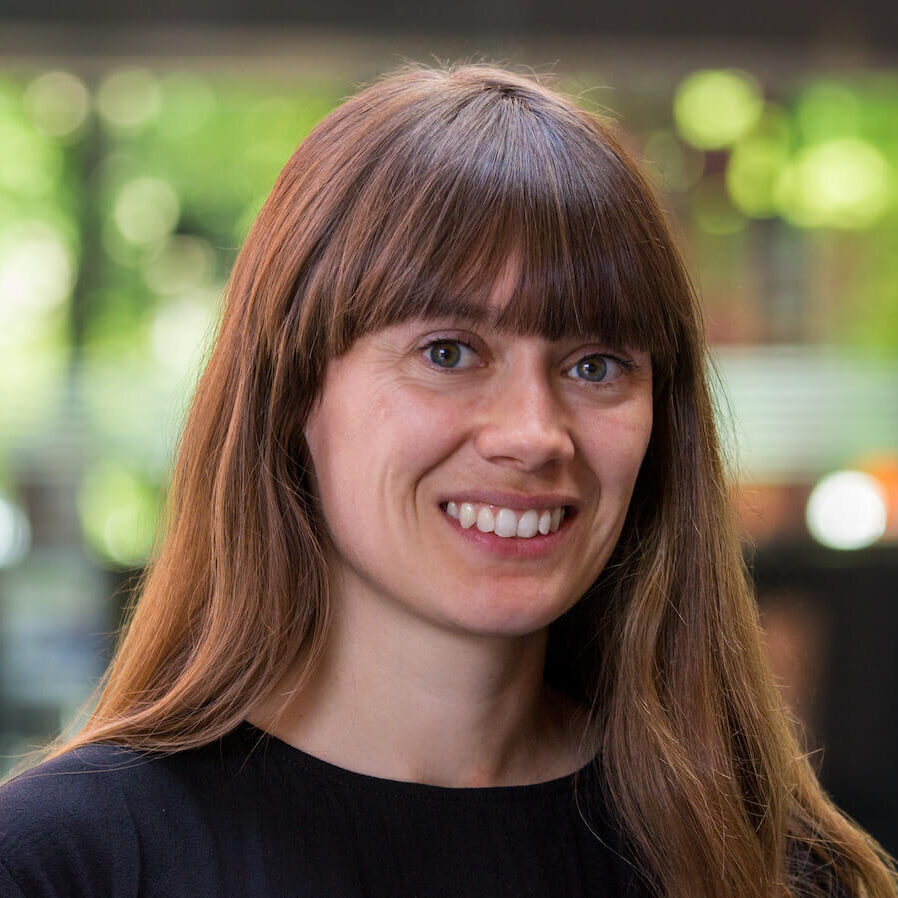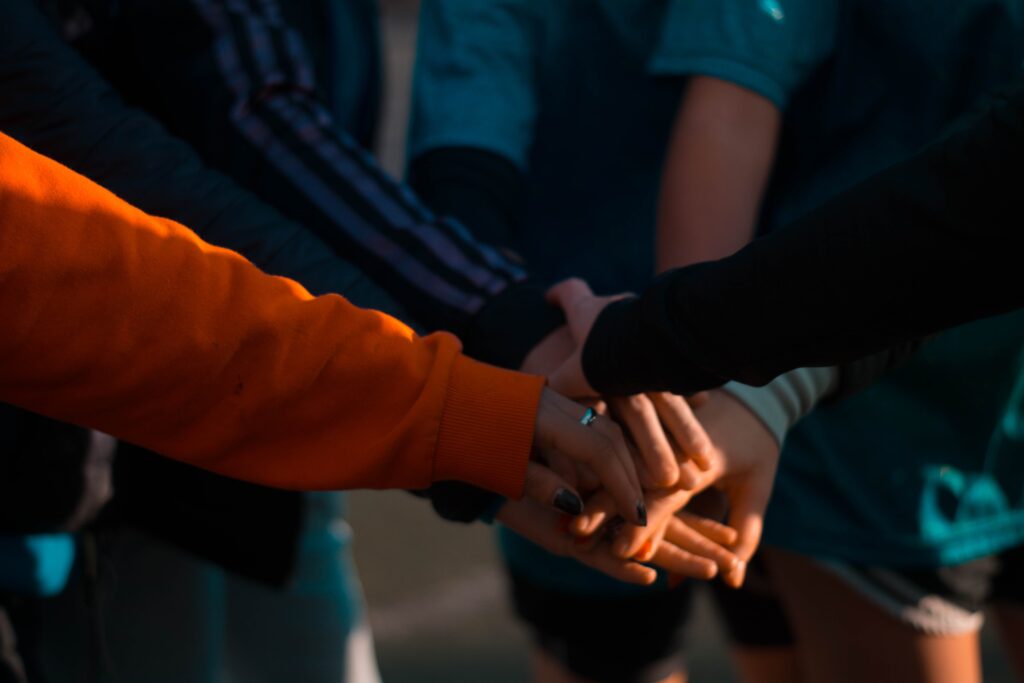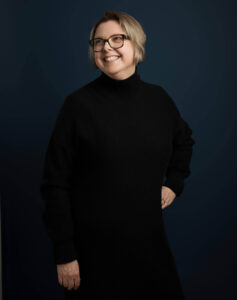A few weeks ago, I was on a Zoom call with some of the most inspiring women I know. We were reflecting on the past year and sharing goals for 2023.
Isabel just left her job working for a Secretary of State because she found something better. Aurora and Inês recently landed PostDoc positions in awesome labs. For Aurora this meant being able to move back to her home country after almost a decade abroad. Laetitia was just granted a Marie Curie Fellowship. Laetitia and Isabel are working moms, successfully juggling their families and their careers. Maria took the leap and quit her job, giving herself the time and headspace for a career transition.
All of us have one thing in common. Back in 2017 we were struggling.
I was in the middle of my PhD and seriously worried someone could ask me what I had done for the past six months because I didn’t know how to answer that question. I felt I was making zero progress and didn’t see myself ever finishing this darn thesis. My first paper had just been rejected, the revisions seemed to take forever and on top of that I was struggling to make sense of terabytes of camera trapping data from my fieldwork. I knew I didn’t want to continue a career in research but I didn’t really know what to do instead.
And while I felt lonely and unmotivated, everyone around me seemed to be doing so well!
Fast forward to 2019: I had finished the PhD with distinctions six months before my deadline, with a paper published in Science as first author, and I had just started my dream job as Science-Policy officer in one of the most respected biodiversity research centres in the world. And celebrating with me were the inspiring women of today.
So, what had happened in 2017?
It all started with a chat with Maria. We had started our PhDs at the same time and she was feeling unhappy about her situation, too. We were bitching away, comfortably feeling sorry for ourselves. But suddenly, her voice lit up and she said: “We seem to have the same problems. Let’s start a support group!”.
“Sure!”, I said, and it changed my life.
We brainstormed how we envisioned the group to function and then invited two colleagues to join us.
The rules were simple:
• No bitching unless it’s really unavoidable.
• We always start with a round of personal and professional successes.
• We celebrate even the smallest wins.
• The meetings are a safe space. Everyone can share their feelings and there will be no judgement.
Sounds trivial, but the effects have been tremendous.
My “masterminds”, as we call ourselves, always have my back and remind me that I am not alone on my journey.
They pick me up when I feel down and help me focus on the positives.
They coached me through submitting my paper, reviewed my thesis and my job applications.
We help each other with difficult decisions, whether they are professional or personal.
I learn from their skills and experiences and they inspire me with their successes, constantly showing me what is possible.
They ease my impostor syndrome. There is nothing more powerful than a group of inspiring people constantly reminding you of what you’re worth and what you’re capable of doing. And as the most beautiful side-effect, they have become some of my closest friends.
Today, more than five years after we started, we have grown to seven members (and I recommend not having a much bigger group to make sure you can maintain the atmosphere of trust). Our lives have developed in quite different directions with some of us continuing the academic career path and others choosing different directions. Of course, we still encounter times of stress and unease and sometimes it is hard to make space for our meetings. But we still make it a priority to meet every month, dialling in from different countries, sometimes even continents. And when we meet, we know that it doesn’t matter which time zone or state of mind we’re in. We have a place where we belong and where we’re always welcome.
So, if you struggle in your PhD, don’t keep it to yourself.
Reach out to some fellow PhDs or PostDocs and start a support group.
I‘m convinced it will change your life, too!

How to Use SciSpace Library to Organise and Understand Your Research
The SciSpace Library is built to help you organise research papers, pull out what matters, and actually understand the papers you are working with. It turns a mess of PDFs into something searchable, interactive, and manageable without the constant back-and-forth between tabs, folders, and notes. In this blog post, we will introduce SciSpace Library and outline the various ways in which you can use it and its key features.





